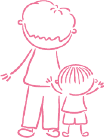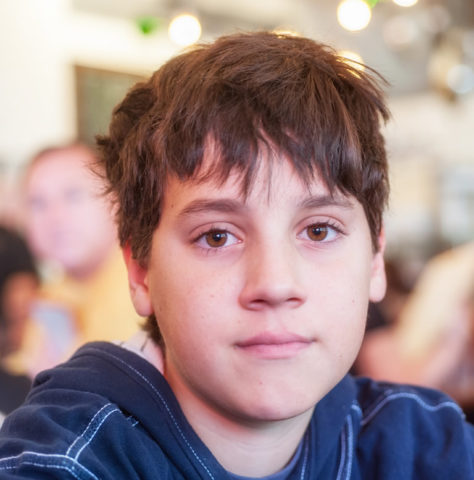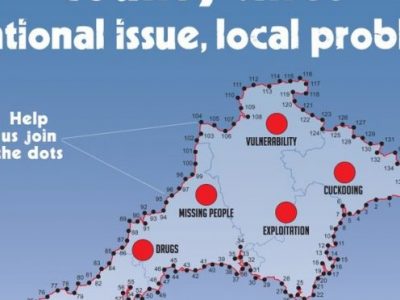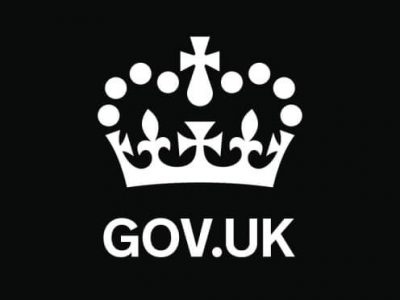
Exercise and activity
Children and young people who are physically active have better general health, stronger bones and muscles, and higher levels of self-esteem. According to the NHS, to maintain a basic level of health, children and young people aged 5 to 18 should do at least 60 minutes of physical activity every day.
Positive body image
Body image refers to how a person sees themselves. Some people may have a negative body image and hold an unrealistic view of their body. There is no one cause of negative body image, and there is no one type of person that struggles with it.
Social relationships
Learning about and forming relationships with others is a key life skill. Children and young people who make friendships early on have an easier time forming relationships as they get older. Relationships alter as children grow up. Older children will spend less time with their parents and more time with their peers.
Sleep
If a child or young person doesn't get enough sleep it can make them irritable and affect their behaviour. The odd night of poor sleep might make a child feel tired and grumpy, but it won’t harm their health. Regular poor sleep can cause health problems, including a weakened immune system and mental health problems .
Stress and anxiety
Just like adults, children and young people are bound to feel stressed, worried and/or anxious at times. It is common for children and young people to feel stressed or anxious about significant events such as starting a new school or before an exam.
Healthy eating
Children and young people should eat a healthy, balanced diet to maintain good health and help them to feel their best. This means eating a wide variety of foods in the right proportions, and consuming the right amount of food and drink to achieve and maintain a healthy body weight.
Emotional and mental health
Poor emotional health and wellbeing can lead to stress, anxiety, depression and panic attacks, and can make it difficult for a child or young person to feel positive about their daily life and maintain good relationships with family, friends and colleagues.
Sexual health
As children get older, the way they express their sexual feelings changes. These days children are exposed to sexual images at a far younger age, and in more places than ever before, such as music videos, websites and social media.
Smoking
Smoking is the biggest cause of preventable deaths in England, accounting for more than 80,000 deaths each year. One in two smokers will die from a smoking-related disease.
Drugs and alcohol
Many parents might be concerned that their child might experiment with alcohol or drugs as they grow up. It is important to make sure that children are aware of the risks and how to keep themselves safe.
Mental health support
Eating disorders
An eating disorder is when a person has an unhealthy attitude to food, which can take over their life and make them ill. It can involve eating too much or too little, or becoming obsessed with weight and body shape. However, there are treatments that can help, and people can recover from an eating disorder.
Self harm
Self-harm is when someone deliberately hurts themselves. It can include cutting, burning, hitting or bruising, poisoning, scratching, hair-pulling or overdosing. Children and young people who self-harm aren’t usually trying to commit suicide or looking for attention.
Suicide awareness
Very few young people will actually attempt to take their own lives. However, if someone is having suicidal thoughts they are clearly feeling unable to cope and need help and support.
Eating disorders
An eating disorder is when a person has an unhealthy attitude to food, which can take over their life and make them ill. It can involve eating too much or too little, or becoming obsessed with weight and body shape. However, there are treatments that can help, and people can recover from an eating disorder.
Self harm
Self-harm is when someone deliberately hurts themselves. It can include cutting, burning, hitting or bruising, poisoning, scratching, hair-pulling or overdosing. Children and young people who self-harm aren’t usually trying to commit suicide or looking for attention.
Suicide awareness
Very few young people will actually attempt to take their own lives. However, if someone is having suicidal thoughts they are clearly feeling unable to cope and need help and support.
What the partnership is doing to support children's health and wellbeing
All children and young people deserve to be healthy and happy. Good physical and emotional health plays an important part in helping them to live a fulfilled life. For most children, the family and community ensure their health and wellbeing.

News
7 December 2018
County Lines: National Issue, local problem
What are “county lines”? Urban criminal gangs travelling to Devon and Cornwall to sell illegal drugs. “The brand” – a single telephone number, operated from outside the area, for “customers”
7 December 2018
County Lines – Know the signs
Devon and Cornwall Police have today, Tuesday 3 July, launched a campaign to raise awareness of County Lines and how the public can help spot the signs of such criminal
7 December 2018
Working Together 2018
The new 2018 ‘Working Together for Safeguarding Children’ guidelines were realised on 4th July. Download your copy tri.x have kindly provided a strategic overview of the changes aimed at senior managers and Safeguarding
7 December 2018
County Lines: National Issue, local problem
What are “county lines”? Urban criminal gangs travelling to Devon and Cornwall to sell illegal drugs. “The brand” – a single telephone number, operated from outside the area, for “customers”
7 December 2018
County Lines – Know the signs
Devon and Cornwall Police have today, Tuesday 3 July, launched a campaign to raise awareness of County Lines and how the public can help spot the signs of such criminal
7 December 2018
Working Together 2018
The new 2018 ‘Working Together for Safeguarding Children’ guidelines were realised on 4th July. Download your copy tri.x have kindly provided a strategic overview of the changes aimed at senior managers and Safeguarding
If you are concerned that a child is being abused please call
or email mashsecure@devon.gov.uk.
If it’s an emergency call 999



